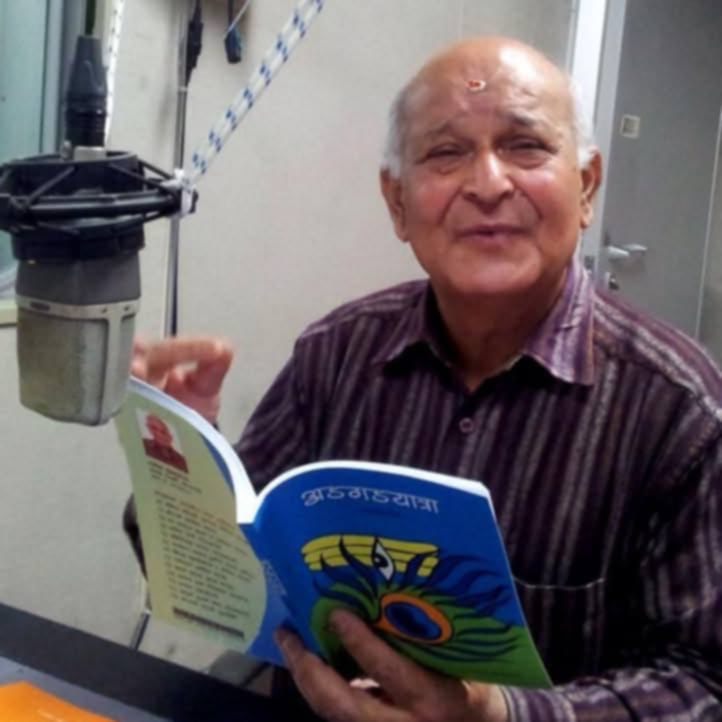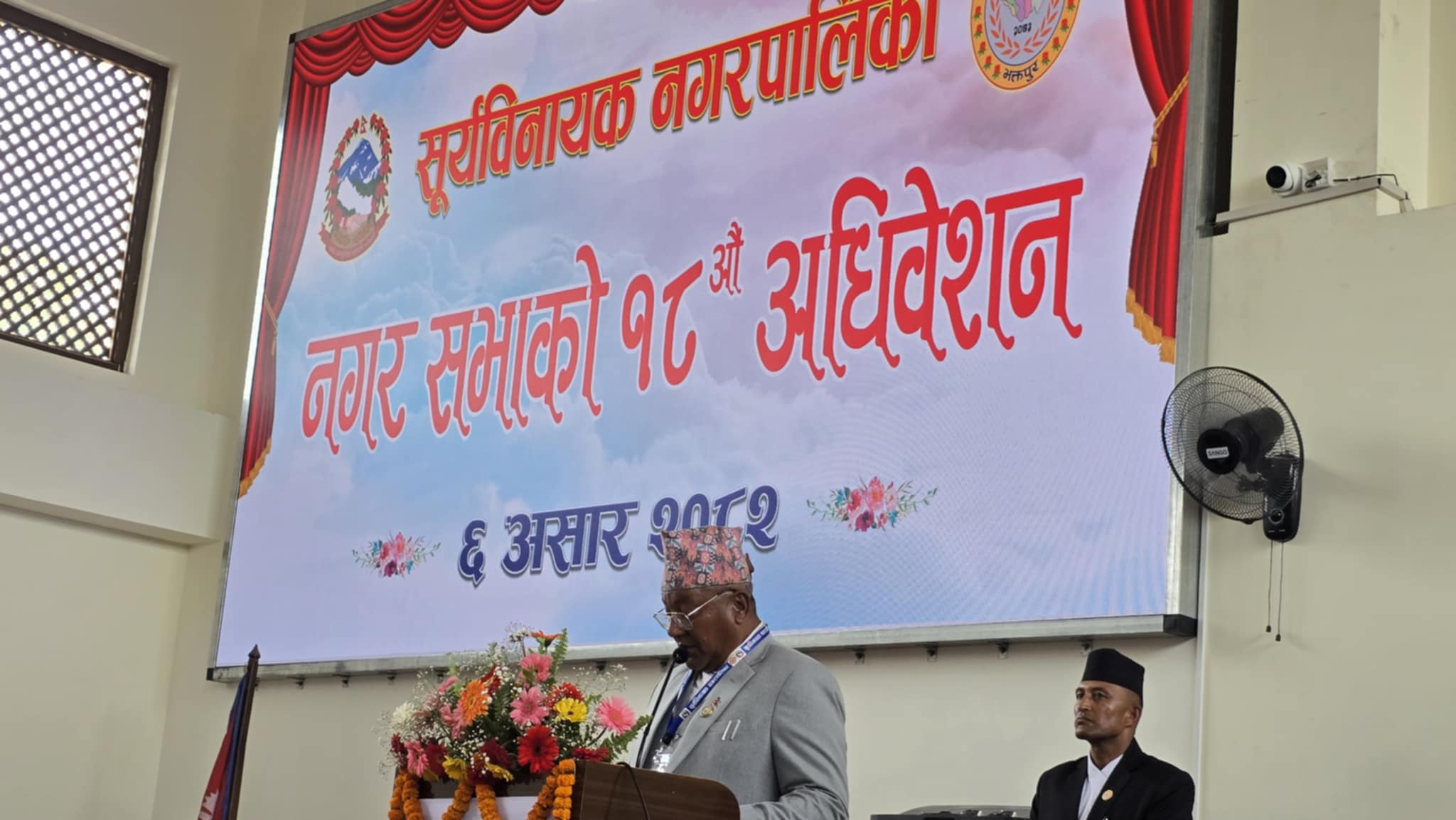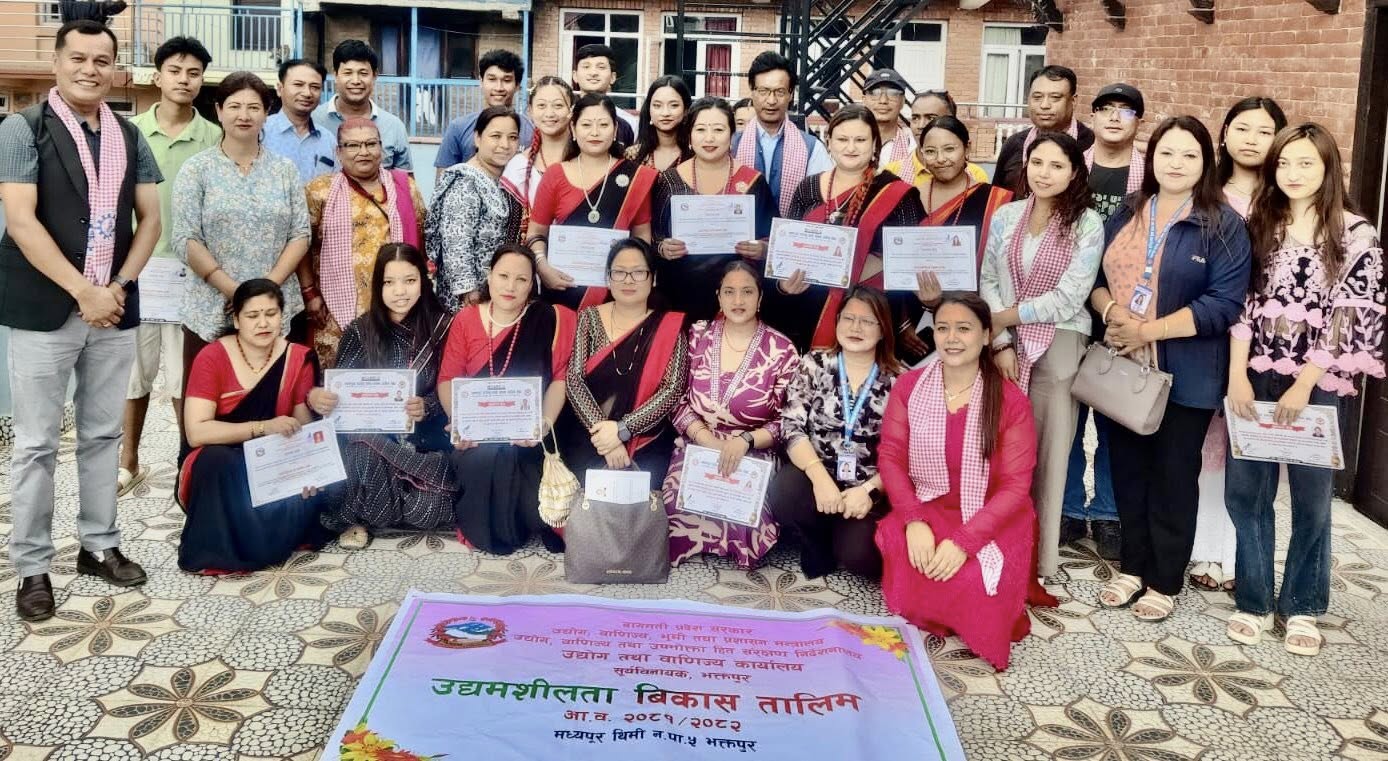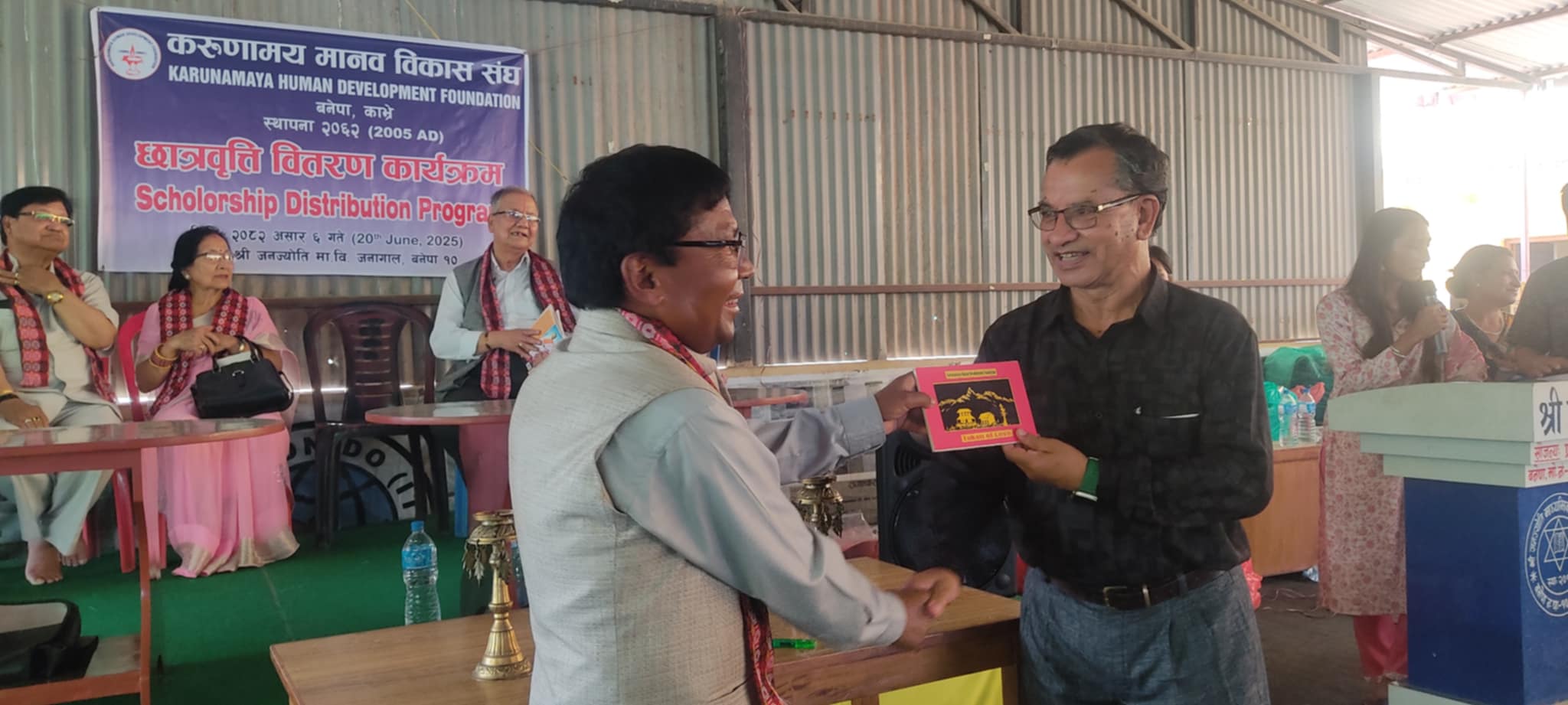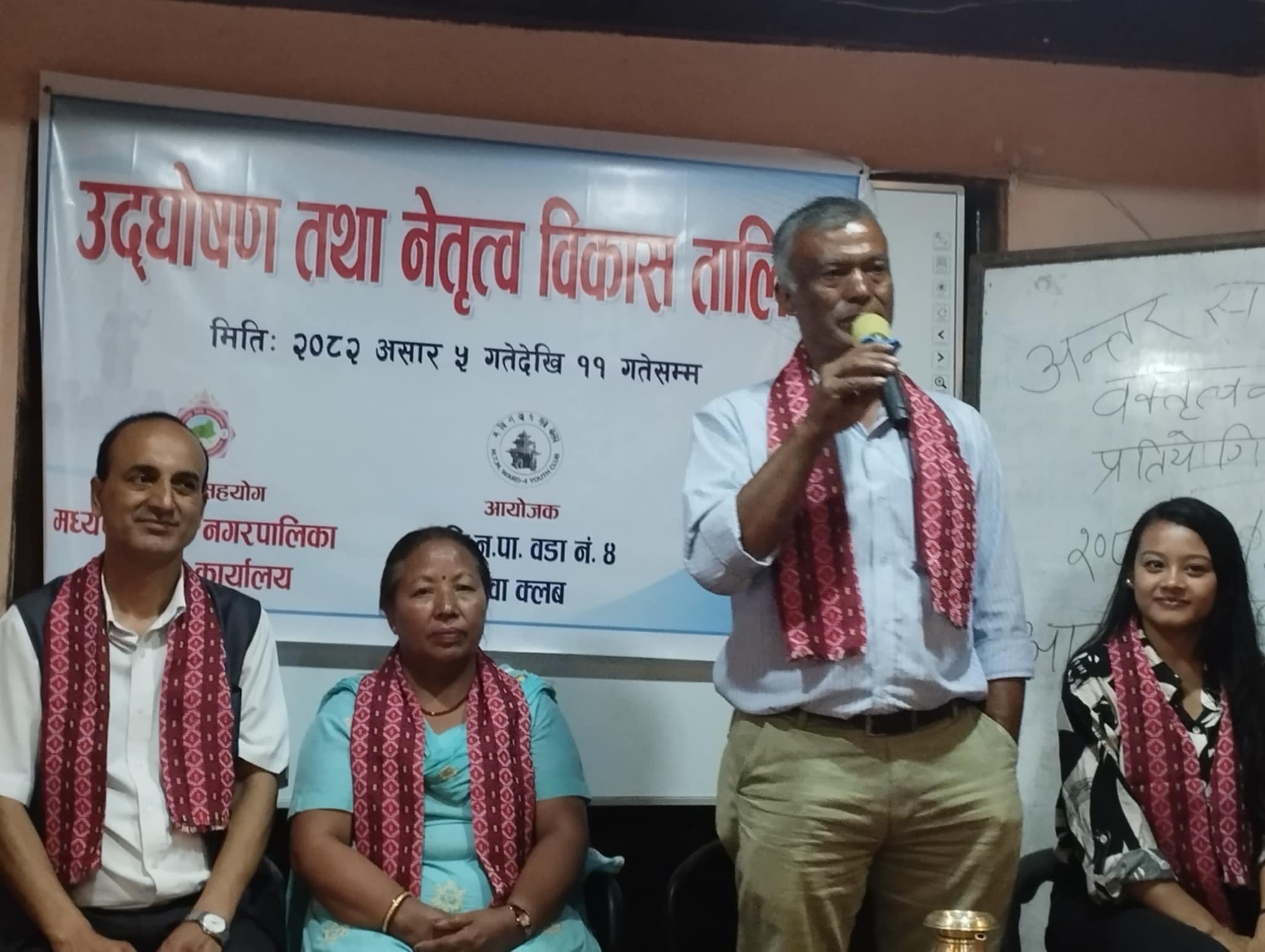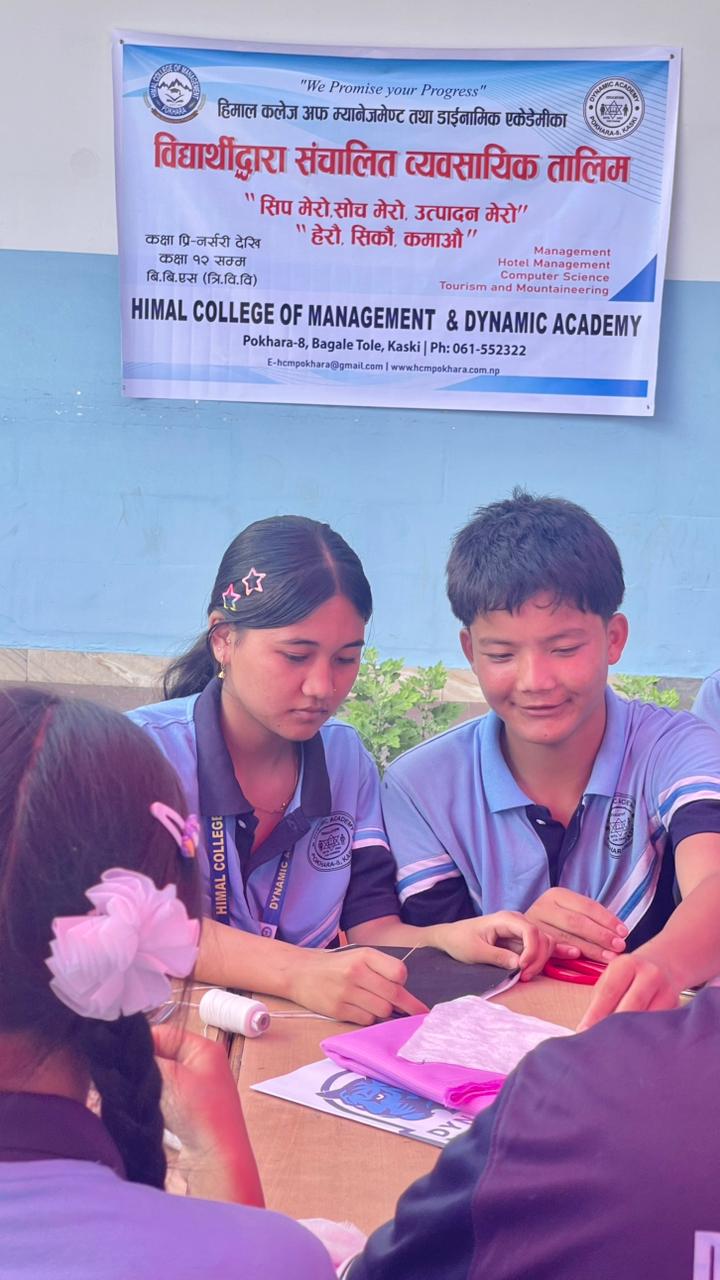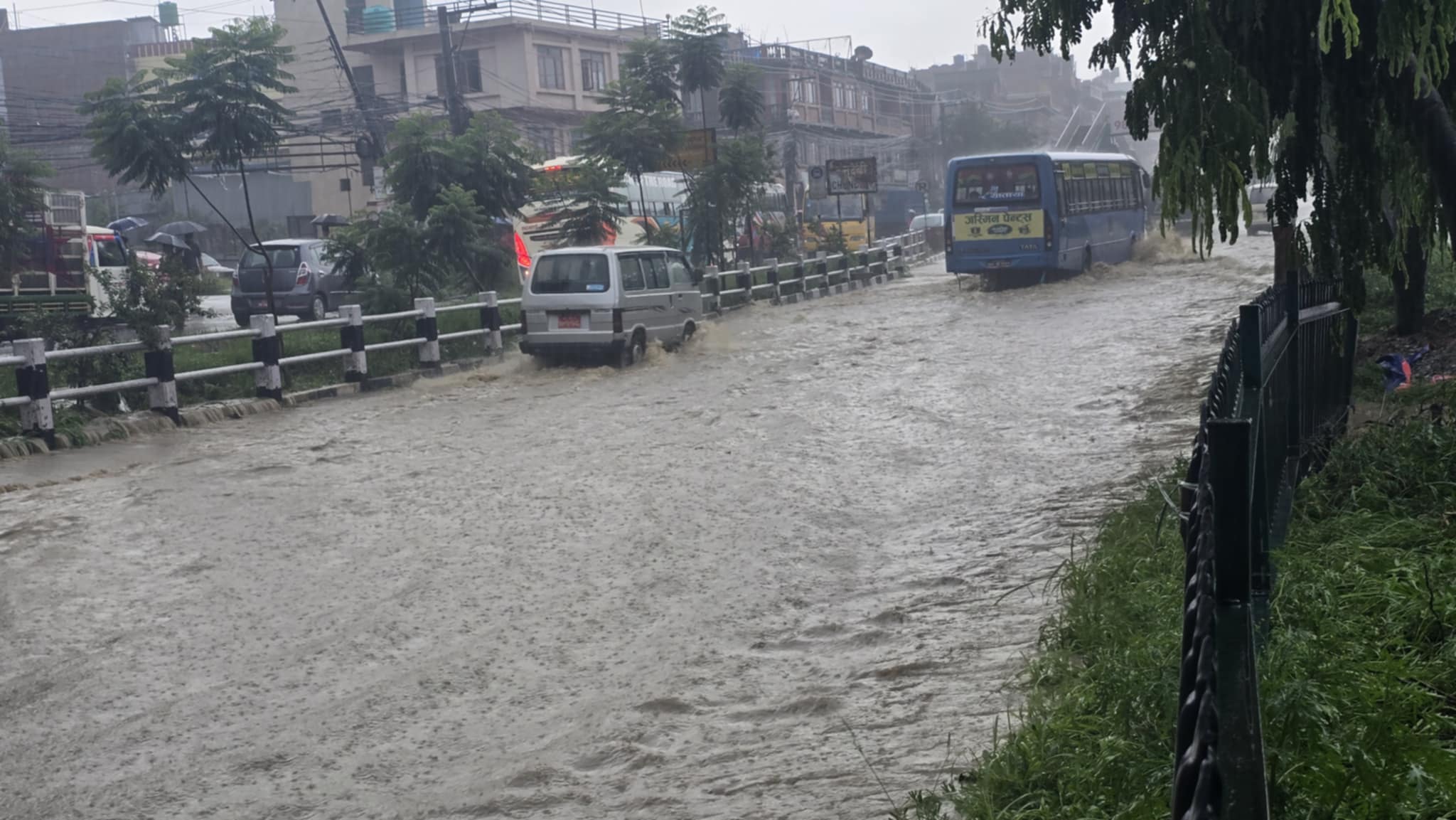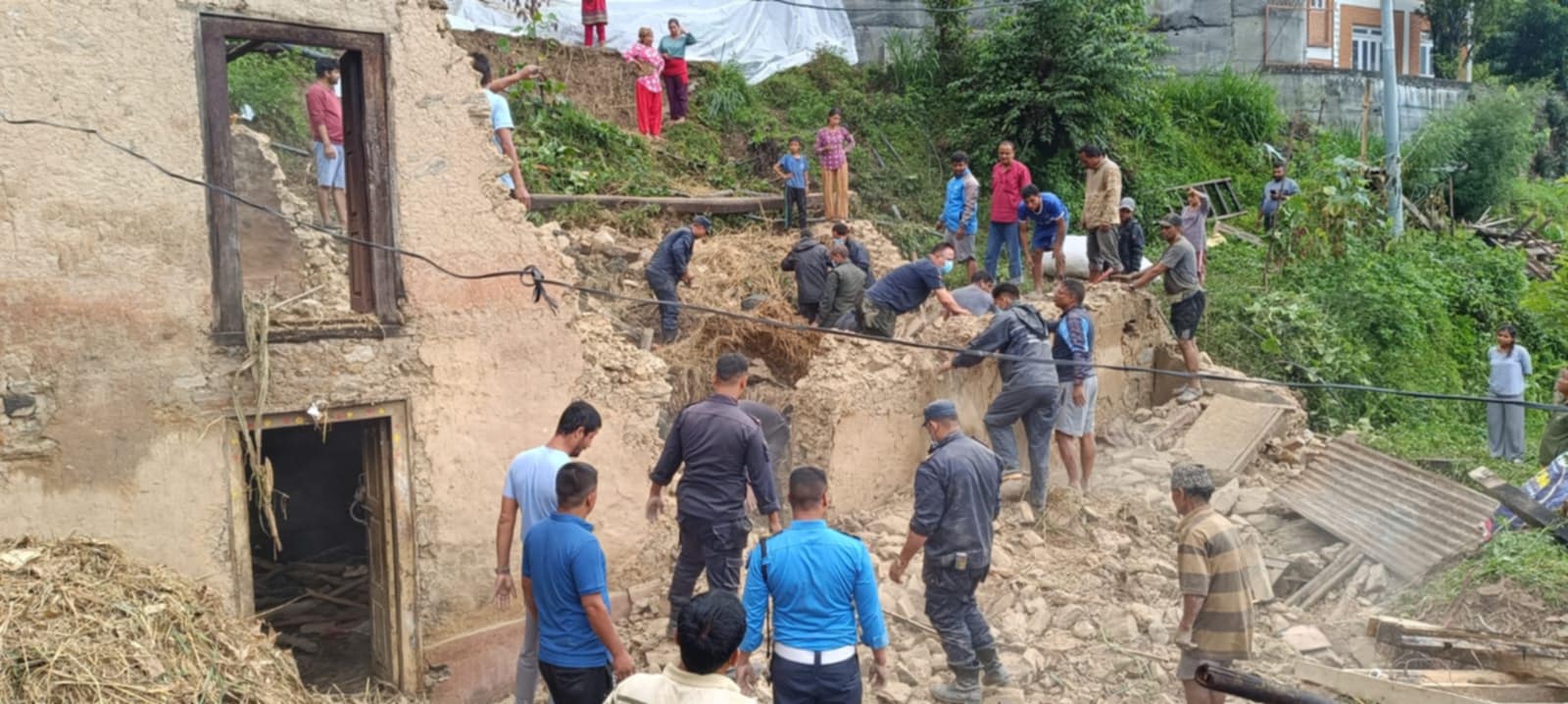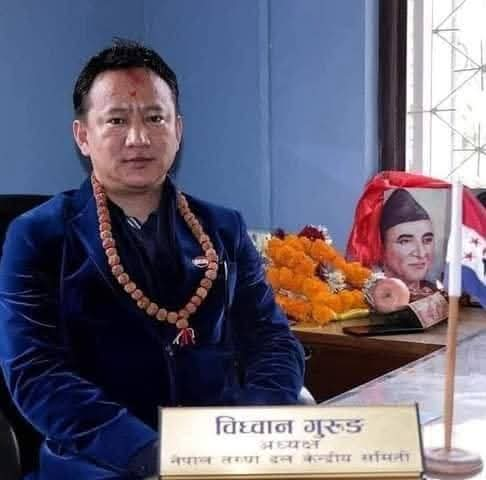Workshop on Himalayan Freshwater Held
जेठ ८, २०८१, मङ्गलबार | विहान ०९:२२ बजे | 20
A one-day workshop on Himalayan Freshwater was held today at the International Center for Integrated Mountain Development (ICIMOD) today.
This workshop is part of a series of annual workshop, the first workshop was held in India in 2023, and the third workshop is planned to be held in Bhutan in 2025. The central theme of the workshop held today was assessing the services and vulnerability of freshwater ecosystems in Himalayas.
The workshop was organized by Nepal Engineering College (nec) in collaboration with the Indian Institute of Technology Roorkee (IIT Roorkee). Former Principal of nec Prof. Dr. Hari Krishna Shrestha, current Acting Principal Associate Professor Durga Prasad Bhandari and the Director of nec Center for Postgraduate Studies Prof. Dr. Thusitha Chadani Shahi participated in the workshop. Prof. Dr. Vishnu Prasad Pandey delivered the keynote presentation focusing on the potential impact of climate change on the increased stress on freshwater resulting from decreased availability, increased uncertainties and their impact on the design flood. The workshop is held under the project Regional cooperation for Freshwater Ecosystem Services in Himalayas (REFRESH): Understanding the influences of monsoon variability and compound extremes. The technical session was chaired by Prof. Dr. Vishal Singh from National Institute of Hydrology Roorkee. Prof. Dr. Ashutosh Sharma, the Principal Investigator of the project, briefed on the project activities and four doctoral students, two from IIT Roorkee and one each from IIT Mandi and IIT Indore, updated the progress on the research works carried out under this project. Dr. Santosh Kaini (Joint Secretary, Department of Irrigation and Water Resources, Government of Nepal), Dr. Neera Shestha (Action area Coordinator, Managing Cryosphere and Water Risk, SG1m ICIMOD), and Dr. Narayan Prasad Koju (Ecologist, Assistant Professor, Nepal Engineering College) presented on their areas of expertise in the panel discussion session chaired by Prof. Sumit Sen from IIT Roorkee.
Within the next two years the REFRESH project is expected to find the definitive answer to four central questions: (a) what are primary freshwater ecosystem services (FES) in the different parts of the Himalayan region? (b) what will be the impact of climate change on the FES in the Himalayas? (c) how will be the long-term changes in monsoon and climate extremes influence freshwater availability in the region? and (d) how regional and national policies can be strengthened to ensure the sustainability of FES? The four basic objectives of the FEFRESH project are: (a) mapping and characterizing freshwater ecosystems and services in four selected river basins in Himalayan region, (b) examine monsoon variability and its connections to FES in Himalayan regions, (c) analyze the impacts of emerging and concurrent and compound extremes on freshwater ecosystem services, and (d) review of existing policies in three countries (Bhutan, India and Nepal) and provide novel insights into freshwater ecosystem sustainability. One of the basic premises of the research is that the compounding effect of various climate parameters can be higher than the sum of the effects of each separate parameter. Mr. Pratik Singh Thakuri, Assistant Professor, Center for Postgraduate Studies, Nepal Engineering College, was the convener of the workshop.


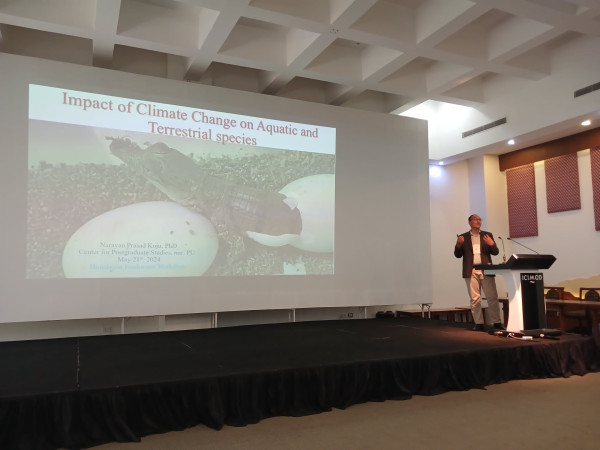
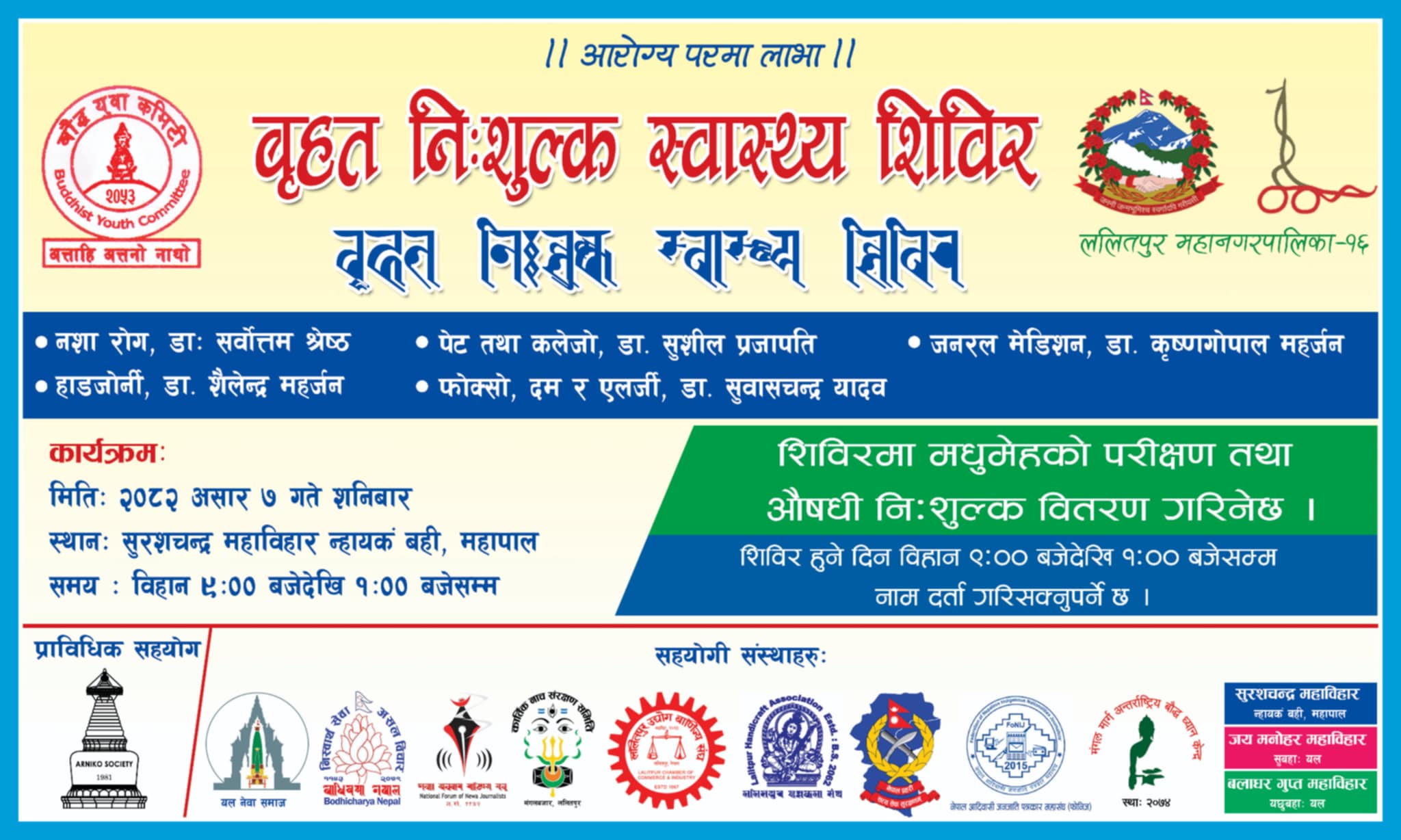


.jpg)
